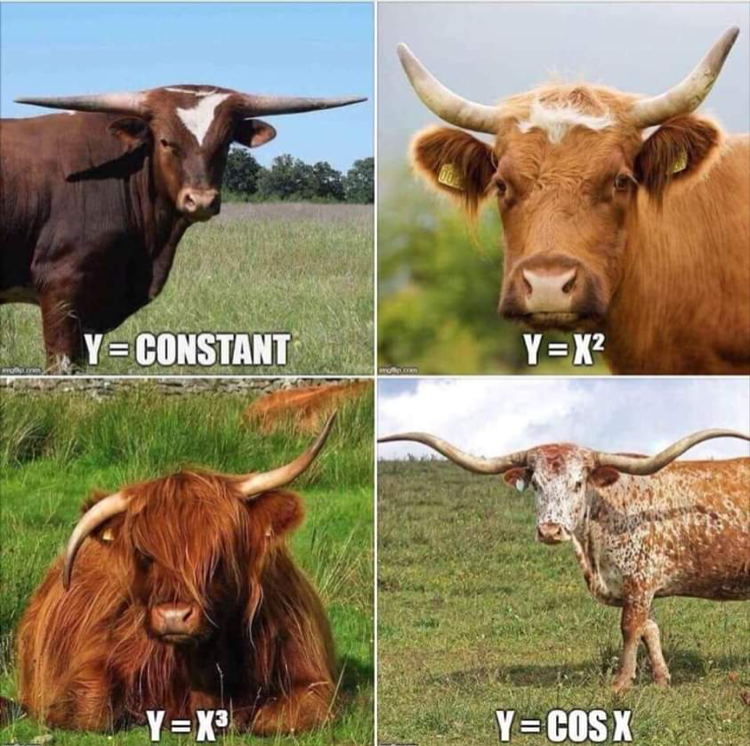
Unity and harmony
Aesthetic appreciation
Technological sharpness
In as much as time permits, there is no reason not to
Am I fool, to study physics and engineering at the university and then get into a horticultural field post graduation?
Of course everyone is different. Everyone will answer differently.
We’ll need to introduce a lot of concepts and terms before we can really even begin to describe the problems we face. And solve.
What does mathematics and farming have in common? As a farmer, you may not think that studying mathematics is relevant to your daily operations. However, the truth is that a strong understanding of mathematical concepts can greatly benefit your farming business. From crop yields to budgeting and forecasting, math plays a crucial role in the success of any farming operation.
Let’s start with crop yields. By using mathematical calculations, you can optimize the number of crops you plant and increase your overall yield. This can be done by analyzing data on weather patterns, soil conditions, and previous crop growth. For example, by understanding the concept of crop rotation and how it relates to nutrient depletion in the soil, you can make informed decisions on what crops to plant in a given year. Additionally, mathematical formulas can be used to calculate the optimal planting density for a specific crop, ensuring that you are not wasting resources by planting too closely or too far apart.
Next, let’s talk about budgeting and forecasting. These are essential tasks for any farming operation, as they help you plan for the future and make informed decisions. By using mathematical concepts such as statistical analysis, you can make accurate predictions about things like crop prices, weather patterns, and even disease outbreaks. This allows you to budget accordingly and make adjustments as necessary. Furthermore, mathematical modeling can be used to forecast future demand for certain crops, allowing you to plan ahead and make sure you have the resources to meet that demand.
GIS mapping is another area where a farmer can benefit from mathematical knowledge. GIS (Geographic Information System) is a technology used to capture, store, manipulate, analyze, manage and present all types of geographical data. It is increasingly used by farmers to make better use of their land. A farmer can use GIS mapping to identify the best areas to plant crops, track the growth of those crops, and even predict weather patterns. Understanding the mathematical concepts behind GIS mapping can help a farmer make better use of their land and improve crop yields.
In addition to these specific examples, understanding mathematical concepts can also help farmers make better overall business decisions. For example, understanding financial concepts such as pricing, profit margins, and return on investment can help you make better decisions about things like purchasing equipment or expanding your operation.
In conclusion, as a farmer, you may not think that studying mathematics is relevant to your daily operations. However, the truth is that a strong understanding of mathematical concepts can greatly benefit your farming business. From crop yields to budgeting and forecasting, math plays a crucial role in the success of any farming operation. Gaining a mathematical understanding can help you make informed decisions about planting, harvesting, and managing your land, and ultimately increase the efficiency and profitability of your farm.